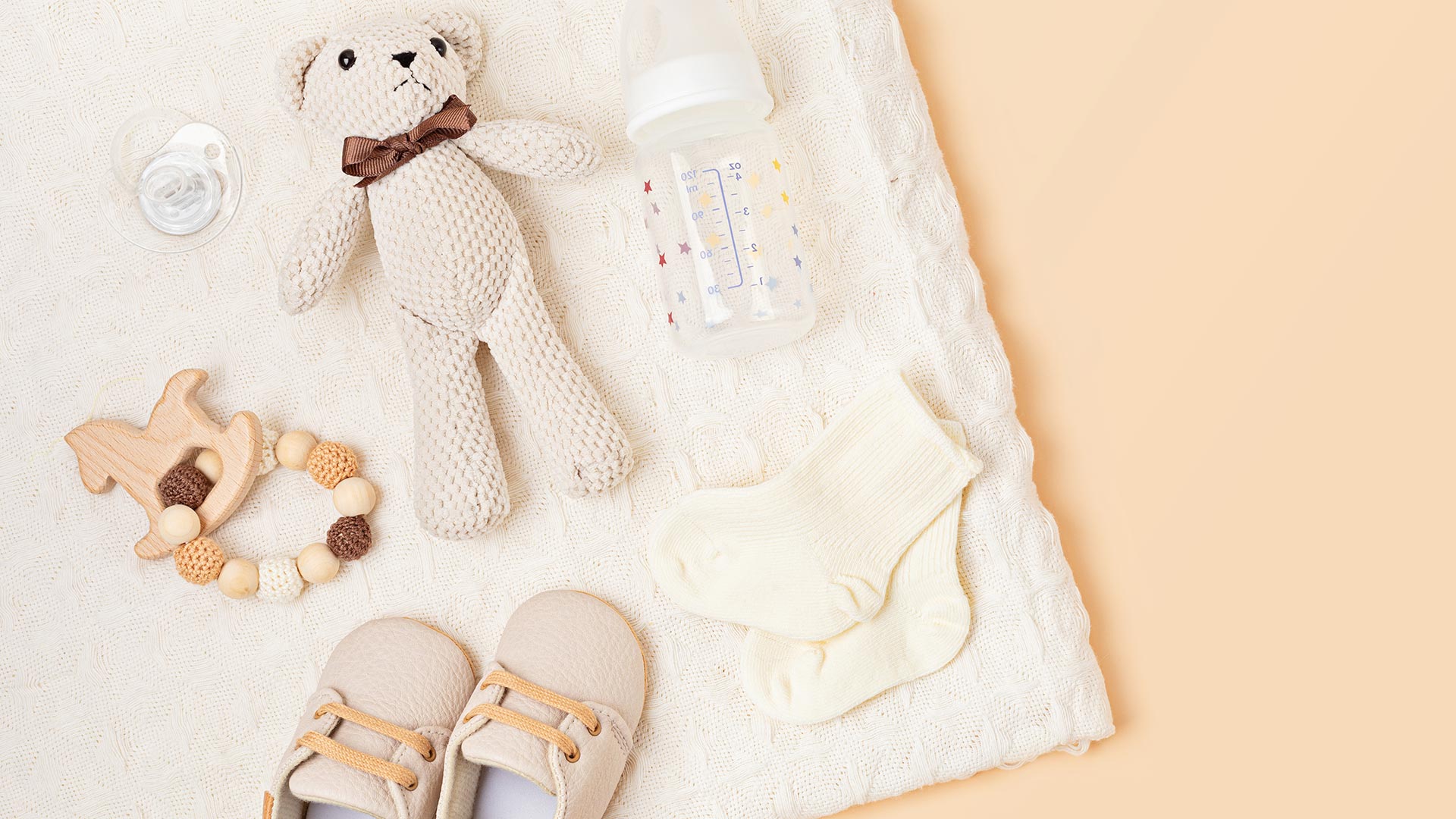Choosing a supplement for yourself is a difficult task. Choosing a supplement for your baby is even more of a challenge. As a mom-to-be, you want to do what’s best for your little one, but with hundreds of prenatal supplements to choose from, how do you decide?
Here are the top four things to look for:
1. Bioavailable ingredients
During pregnancy, your body works overtime to support both you and your growing baby, so you want to make sure you’re getting the most out of your supplement regimen. This means looking for something called “bioavailability”. A lot of people don’t realize that nutrients often come in different forms, some of which are hard for your body to absorb. In these cases, your body needs to convert the nutrient into an active form—its bioavailable form—before it can put it to use. This process is often inefficient, meaning much of the nutrient may be lost before it does you (or your baby) any good.
To avoid this problem, look for a prenatal vitamin with bioavailable ingredients. Often this means seeking out products that use natural—as opposed to synthetic—vitamins. This choice can make a big difference: Natural vitamin E, for example, has approximately twice the bioavailability of synthetic vitamin E. And what’s surprising is that an infant’s body can discriminate between the two, according to a study.1
2. Plenty of folic acid
Your need for vitamins, minerals and trace elements increases significantly during pregnancy, but many prenatals fall short in some important areas, including folic acid (vitamin B-9). Folic acid plays a vital role in preventing birth defects of the brain and spinal cord, which affect over 300,000 infants worldwide each year.1 Most prenatals include this nutrient, but not all of them include enough. To be safe, look for a prenatal that will give you at least 600 micrograms of folic acid per day2. Ideally, this should be methylated folate, the easiest form of folate to absorb.
3. Transparent Sourcing
Between morning sickness, food cravings and random aversions, getting good-quality nutrition can be hard when you’re pregnant. Some days, your prenatal might be the only thing really fueling your body, so you want to make sure it’s giving you clean ingredients—and not a bunch of processed fillers. Unfortunately, the supplement industry is not as strictly regulated as prescription medications, so you can’t just trust that a given manufacturer is delivering what it claims on the label. To be sure, look for brands that are transparent about their sourcing and have a Certificate of Analysis for their products stating what’s exactly in them, or have been tested and approved by third-party organizations like NSF or USP.
4. Scientific Support
All supplement companies are going to compete for your business, but great supplement companies are going to explain why their product is superior. Do they offer pharmaceutical-grade quality? Do they say why they chose one form of a vitamin over another? Look for a brand that highlights these things and backs them up with scientific evidence from identified sources.
Comparing products to determine which is best is never easy. So do your homework! The more you understand about nutrition, the better the supplement sleuth you’ll be.
Thinking about breastfeeding? Check out: 7 important nutrients when breastfeeding
About Courtney
Courtney is a Washington State Licensed Nutritionist with extensive knowledge of holistic healing and whole foods. At Persona, Courtney focuses on drug-nutrient interactions, research for supplement recommendations, developing supplement blends, and enjoys writing for the blog.
Courtney is just one of Persona’s team of qualified nutritionists. Do you have questions about nutrition? Reach out to one of our experts, or take Persona’s free nutrition assessment, and learn exactly what you need to take your wellness to the next level
*These statements have not been evaluated by the Food and Drug Administration. This product is not intended to diagnose, treat, cure, or prevent any disease.
This information is not intended as a substitute for the advice provided by your physician or other healthcare professional, or any information contained on or in any product label or packaging. Do not use the information from this article for diagnosing or treating a health problem or disease, or prescribing medication or other treatment. Always speak with your physician or other healthcare professional before taking any medication or nutritional, herbal, or homeopathic supplement, or using any treatment for a health problem. If you have or suspect that you have a medical problem, contact your health care provider promptly. Do not disregard professional medical advice or delay in seeking professional advice because of something you have read in this article.

